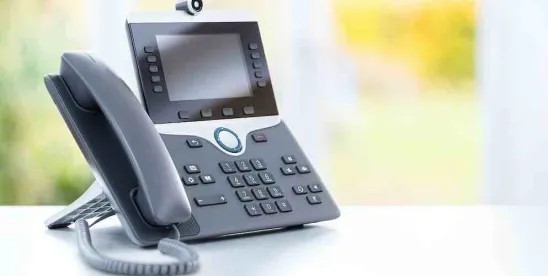By unanimous vote, the Florida State Legislature recently passed CS/SB 1120. This Bill updates the Florida Telemarketing Act and the Florida Do Not Call Act, creating a Florida-specific version of the Federal TCPA. Although several of the new provisions are similar to the TCPA, many expand its scope and confer even greater consumer protections. Absent a veto by Governor Ron DeSantis, the Bill will go into effect on July 1, 2021. And even if the Bill is vetoed, the unanimous approval of the Bill by both houses of the Florida Legislature all but guarantees a veto override by a two-thirds vote in each house.
Key Updates to the Florida Do Not Call Act
-
The Bill provides a private cause of action for violations to the Florida Do No Call Act, which allows the aggrieved party to obtain an injunction and recover their actual monetary damages or $500, whichever is greater. It also authorizes a court to increase the award for willful and knowing violations and revises the attorney fees and costs provision from being available to the prevailing party to only being available in favor of a prevailing plaintiff.
-
The Bill amends the Florida Do Not Call Act to require any person making a sales call using an autodialer or playing a recorded message upon connection with the consumer to obtain signed prior express written consent from the consumer. Notably, the definition of an autodialer under Florida law is broader than that found in the Federal TCPA and references “an automated system for the selection or dialing of telephone numbers or the playing of a recorded message.” As we noted previously, the Supreme Court in a unanimous decision determine that “Congress’ definition of an autodialer requires that in all cases, whether storing or producing numbers to be called, the equipment in question must use a random or sequential number generator.” The more capacious definition in the Florida Bill may result in existing dialing systems running afoul of Florida law, although otherwise compliant with the Federal TCPA.
-
Like the Federal TCPA, the Bill defines the term “prior express written consent” to mean a written agreement that has the signature of the called party; authorizes the person making the call, text, or voicemail to deliver it using an automated system or recorded message; includes the number authorized to be contacted; and includes a clear and conspicuous disclosure informing the called party that they are: (i) authorizing the call to be made using an automated system or recorded message; and (ii) not required to sign the written agreement as a condition of purchasing any property, goods, or services.
-
The Bill deletes existing call exemptions, including the provision authorizing the use of automated telephone dialing systems when (i) the call is made in response to calls initiated by the called party; (ii) the number called has been screened to exclude numbers on the “no sales solicitation calls” list maintained by the Florida Department of Agriculture and Consumer Services or any unlisted telephone number; or (iii) the call concerns goods or services previously purchased by the called party. In addition, the Bill creates a rebuttable presumption that a sales call made to any area code in the state is made to a Florida resident or a person in the state at the time of the call. It remains to be seen whether this presumption will have the practical effect of regulating commerce outside of Florida’s borders, thereby violating the Commerce Clause.
Key Updates to the Florida Telemarketing Act
The Bill also heralds changes to the Florida Telemarketing Act, including:
-
Reducing the hours during which telemarketers may call consumers from between 8 a.m. and 9 p.m. to 8 a.m. and 8 p.m. local time in the consumer’s location;
-
Prohibiting telemarketers from calling a consumer more than three times over a 24-hour period about the same subject matter. This prohibition applies, regardless of the phone number a telephone seller or salesperson uses to call the consumer; and
-
Barring the use of spoofing technology to conceal the caller’s identity.
****
At bottom, businesses that make telephonic sales calls, send text messages, or direct-to-voicemail transmissions, either with an autodialer or for the purpose of playing a recorded message to a Florida consumer or to a phone with a Florida-based area code, may need to adjust their practices to comply with these new restrictions.



 />i
/>i
